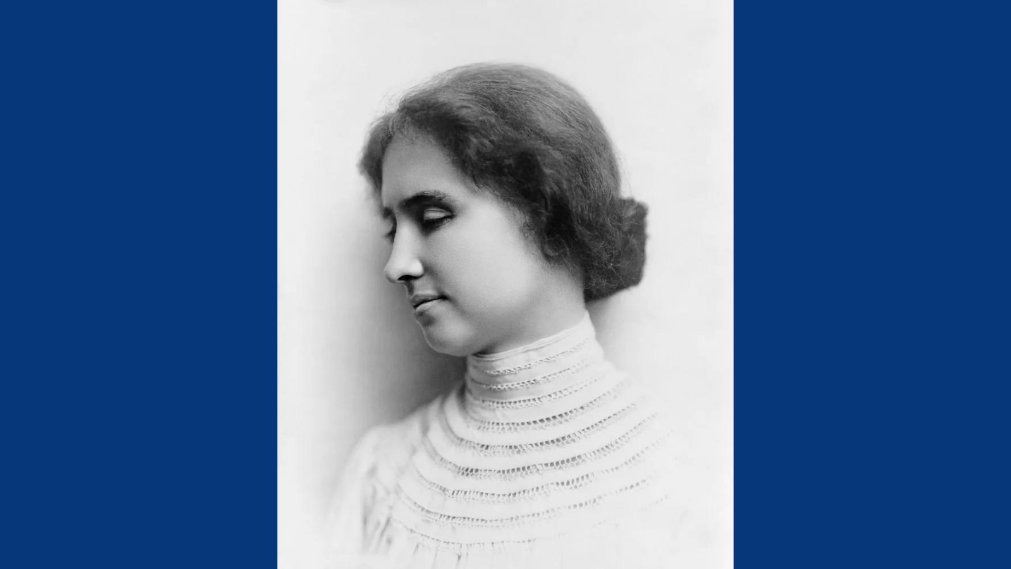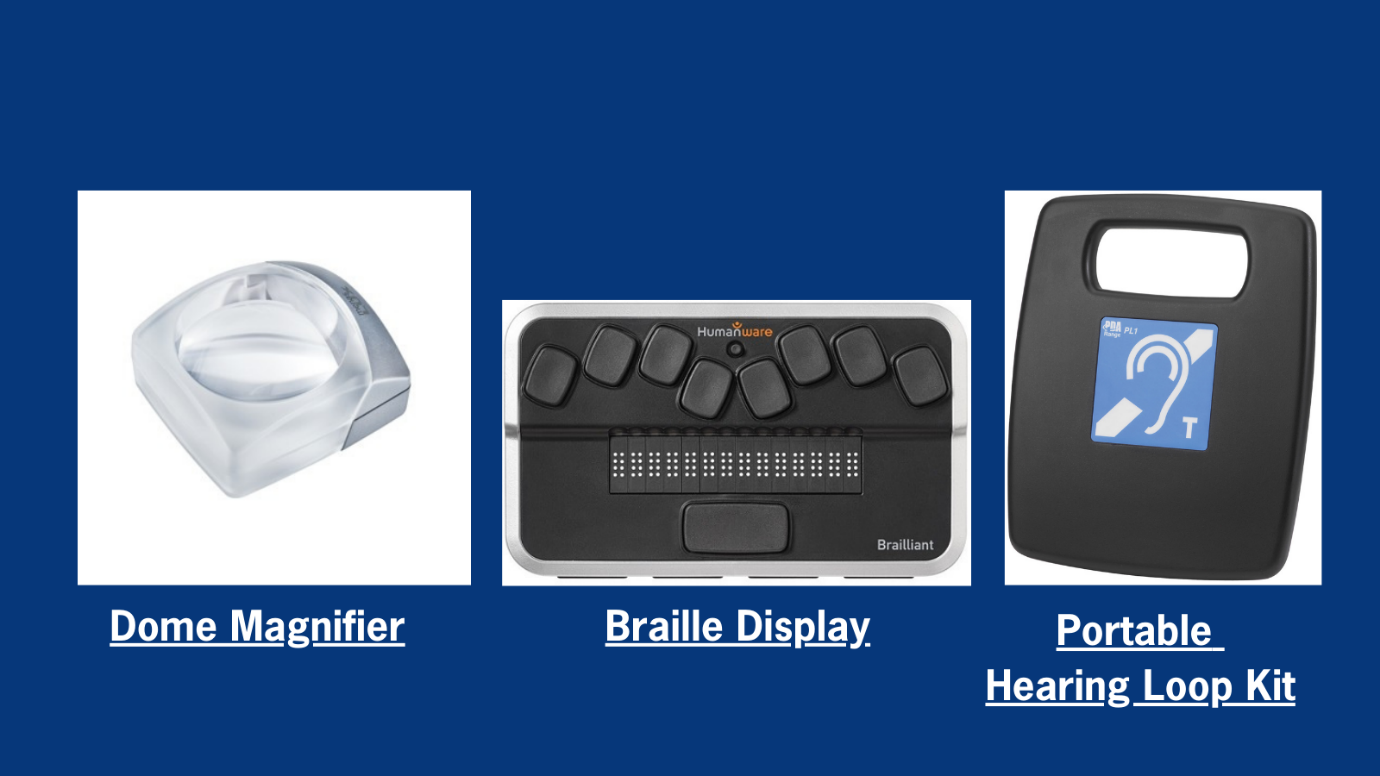Deafblind Awareness Week
.png)
This week is Deafblind Awareness week, which aims to raise awareness of dual sensory loss. It is far more common than people realise and around 400,000 people in the UK are affected by sight and hearing loss. Deafblind Awareness week always starts on the last week of June to commemorate Helen Keller’s birthday which is the 27th of June, who’s work had a hugely positive impact in the field of sight and hearing loss.

Helen Keller developed an illness at the age of 19 months old which caused her to lose her sight and hearing. At the age of 6 she was introduced to Anne Sullivan, from the Perkins Institution for the Blind in Boston, who became her teacher and lifelong friend. With Sullivan’s help, Keller had learned to feel objects and associate them with words spelled out by finger signals on her palm. She had also learned how to read sentences by feeling raised words on cardboard, a very early form of braille, and she learned to lip read by putting her fingers on the lips of the person who was speaking or placing her hands on their throat. Keller developed skills that had never been approached before and without her work there may have been little knowledge on sight and hearing loss.
What is Deafblindness?
Deafblindness is the loss of sight and hearing to the point where your communication, mobility and ability to access information is impacted. This includes progressive sight and hearing loss, where your sight and hearing may deteriorate over time. Deafblindness is also referred to as ‘dual sensory loss’ or ‘dual sensory impairment’, and it comes on a wide spectrum ranging from struggling to see and hear the TV, through to not being able to see or hear anything at all.
What causes it?
Deafblindness in most cases develops later in life, known as acquired deafblindess. However, it can also be present from birth, known as congenital deafblindness, from a range of causes including; problems associated with premature birth, an infection of the baby in the womb, such as rubella (german measles), genetic conditions such as Down's syndrome or CHARGE or Cerebral palsy.
Causes for acquired deafblindess that develop later in life include; age-related hearing loss, usher syndrome, eye problems associated with increasing age such as age-related macular degeneration (AMD), cataracts and glaucoma, or damage to the brain such as from meningitis, encephalitis, a stroke or severe head injury.
Some people who have deafblindness use a white cane with red stripes, or you may also see an assistance dog with red and white harness. For anyone affected by deafblindness, everyday activities can be difficult and time consuming. Activities such as booking appointments, meeting a friend for coffee, or making dinner are extremely tough if you can’t see or hear well.
Assistive and Inclusive technology
The use of assistive and inclusive technology can help to manage day-to-day activities. Assistive technology is equipment which has been designed and produced with the aim of assisting someone with a disability to participate in daily activities.
Here are some assistive technology products listed on our website that may help day-to-day living with deafblindness:
- Braille machines
- Bar, dome and sheet magnifiers
- Loop systems
- Screen reading software
- Incoming speech amplifiers
- Adaptive cutlery

Inclusive technologies are products that are not necessarily designed and produced with the aim of assisting people with disabilities, but are accessible and helpful for people with disabilities, even though this was not a factor when designed.
Examples of inclusive technologies that someone with deafblindness might use include:
- Smartphones
- Smart lighting
- Sensors in the home
- Door automation
- Smart locks for the home
- Voice activated showers and taps
These lists do not include all of the equipment available to assist someone with deafblindness, but are intended to help you know the types of products that are available.
Where can you get support?
Charities such as Deafblind UK and Sense, offer great services and support for people living with deafblindness, and their families and loved ones. Deafblind UK offer practical support to help people stay as independent as possible, including offering support with using new technology. They also offer emotional support and have a free helpline 0800 132320.
Sense are a charity who offer support for people with deafblindness and complex disabilities. They run a variety of services including:
- Personalised support for deafblind children from multi-sensory impairment (MSI) specialists
- Free play sessions for children aged 0-8
- A virtual buddying befriending service
- Holidays and short breaks
- Specialist colleges for young people aged 16-25
- Communicator guides for people with acquired deafblindness
- Employment support
- Support for people with Usher Syndrome including networking groups
- Supported living and residential care
More about these services can be found on their website.
We hope you have enjoyed this article. If you need any more information on any of the products or categories mentioned, please click on the bold and underlined text to follow the links.
- Braille machines and note takers
- Bar, dome and sheet magnifiers
- Loop systems
- Screen/audio book software and apps
- Speech amplifiers
- Cutlery
If you are looking for support on living with deafblindness, or would like to know more information about deafblindness, please take a look at the links below.